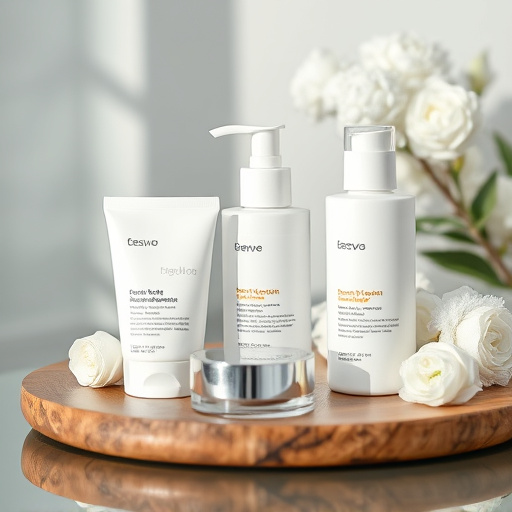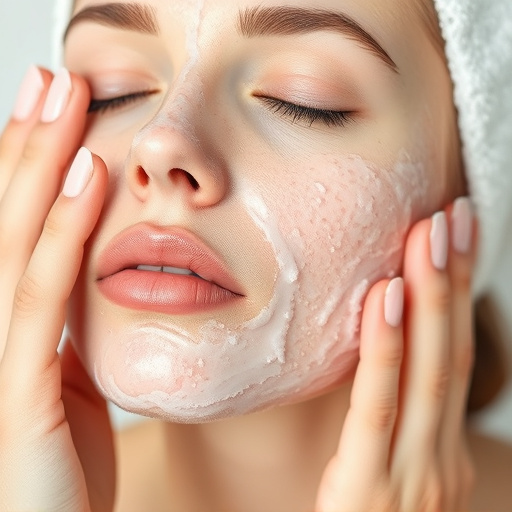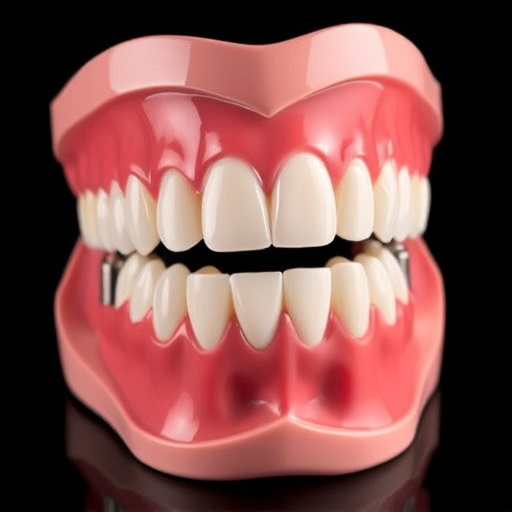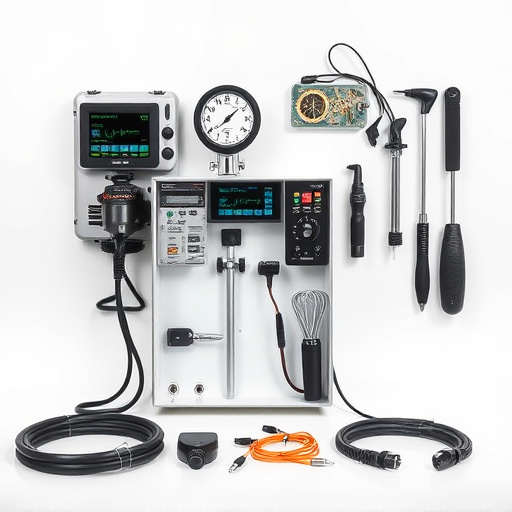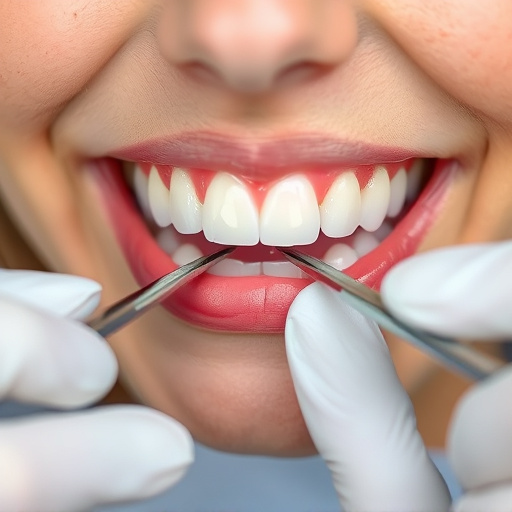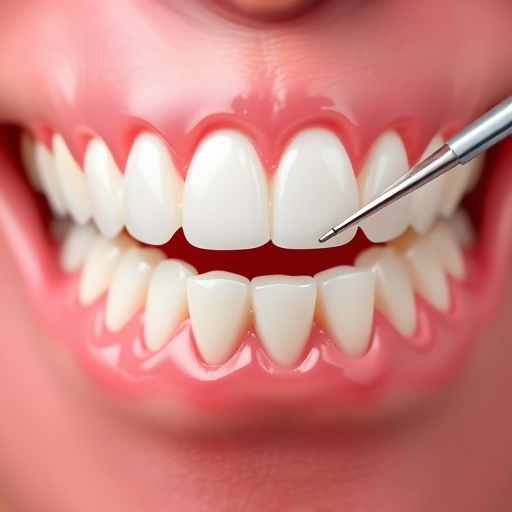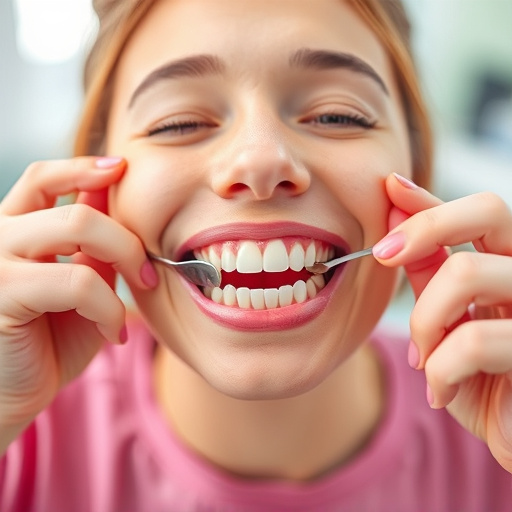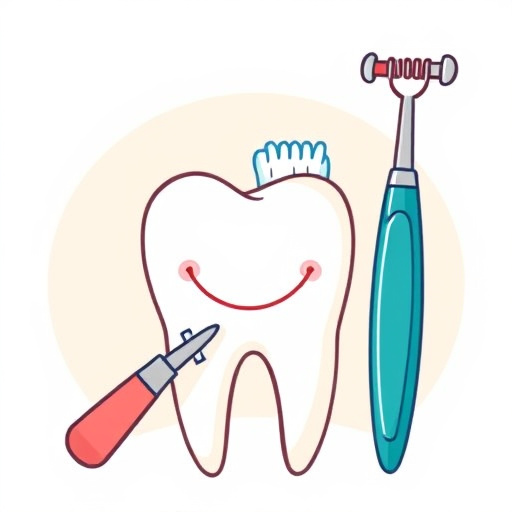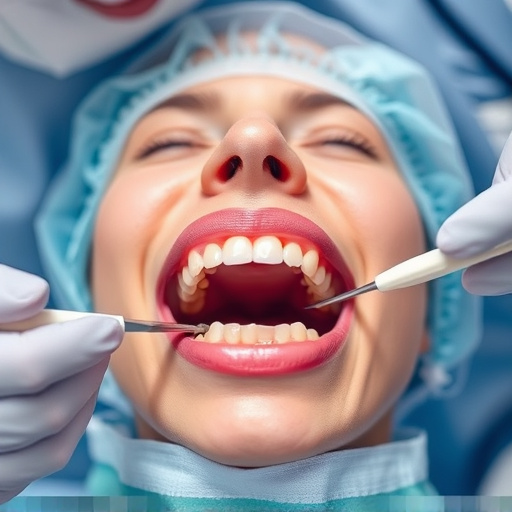Oral hygiene education through interactive methods improves family dental care. It teaches skills for lifelong healthy habits, reducing risks of decay and gum disease. Early education decreases future restorative needs and promotes access to cosmetic options. Interactive tools like videos and VR make learning fun, fostering understanding of flossing, tongue cleaning, and diet's impact. Regular dental check-ups as family events reinforce good practices and prevent future costs.
In today’s digital age, educating families about smart oral hygiene practices is more crucial than ever. Effective oral hygiene education empowers individuals to take charge of their dental health and prevent common issues. This article delves into three key aspects: understanding the significance of oral hygiene education, implementing interactive learning techniques for better dental habits, and promoting lifelong oral care through family engagement. By exploring these strategies, we can foster a healthier smile for every member of the family.
- Understanding the Importance of Oral Hygiene Education
- Implementing Interactive Learning for Better Dental Health
- Promoting Lifelong Habits: Tips for Family Engagement
Understanding the Importance of Oral Hygiene Education
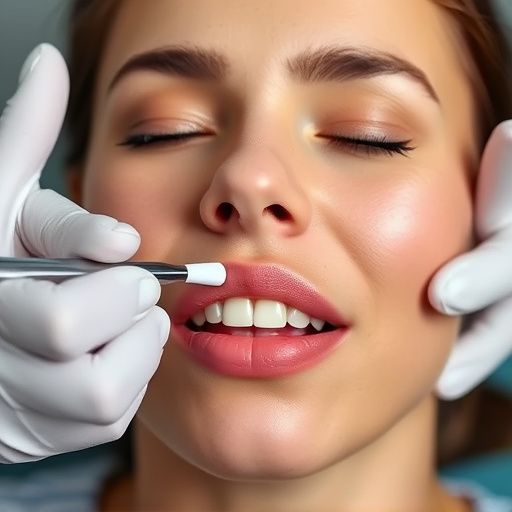
Oral hygiene education plays a pivotal role in maintaining optimal family dental health. It’s more than just teaching proper brushing and flossing techniques; it empowers individuals to take ownership of their oral care, fostering lifelong healthy habits that prevent dental issues and promote overall well-being. By integrating these practices from a young age, families can significantly reduce the risk of tooth decay, gum disease, and other mouth-related problems.
Moreover, early education in oral hygiene can have a profound impact on future dental needs, potentially reducing the need for extensive restorative dentistry or frequent dental cleanings. This proactive approach also paves the way for exploring cosmetic dentistry options if desired, ensuring individuals have a confident smile without compromising their oral health.
Implementing Interactive Learning for Better Dental Health
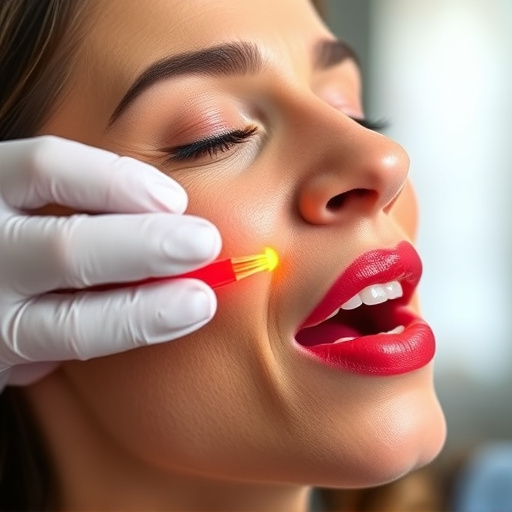
Implementing interactive learning methods can significantly enhance oral hygiene education within families. This approach goes beyond traditional teaching styles by engaging children and adults alike through hands-on activities, games, and visual aids. For instance, demonstrations on proper brushing techniques using animated videos or virtual reality can make learning fun and memorable. Interactive tools also allow for immediate feedback, encouraging good habits from an early age.
By integrating interactive learning into oral hygiene education, families can better understand the importance of regular dental care. This includes concepts such as flossing, tongue cleaning, and the impact of diet on dental health. Moreover, it paves the way for proactive measures like scheduling regular check-ups with general dentistry practices, addressing issues early through procedures like dental bonding or cosmetic fillings, and fostering a culture of excellent oral hygiene within the household.
Promoting Lifelong Habits: Tips for Family Engagement
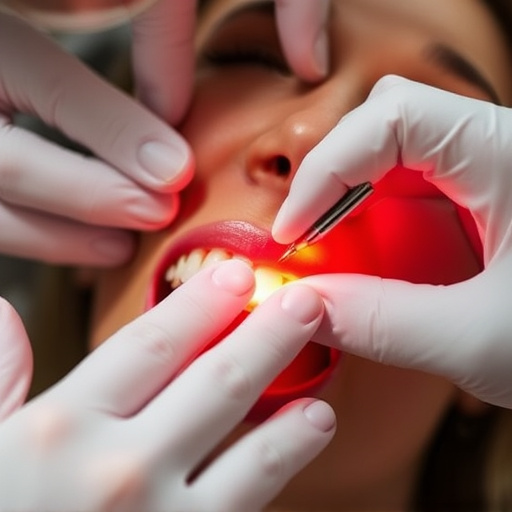
Teaching oral hygiene habits early can set the foundation for a lifetime of healthy smiles. Engage your family in this process by making it fun and interactive. Create a routine that includes brushing and flossing as regular, daily activities. Demonstrate proper techniques and let each family member take turns, turning it into a learning experience. Encourage them to ask questions and discuss any concerns they might have about their teeth and gums.
Incorporate educational tools like visual aids or children’s books that teach the importance of oral hygiene in an entertaining way. You can also schedule regular dental check-ups as a family event, making it less daunting and more of a shared experience. Remember, consistent reinforcement at home is key to promoting good oral hygiene practices, ensuring not just healthy teeth but also preventing costly procedures like emergency dental care or the need for dental implants later in life.
Oral hygiene education is a powerful tool for families to take charge of their dental health. By implementing interactive learning strategies and promoting lifelong healthy habits, we can ensure that every member of the family understands the importance of maintaining excellent oral care. This holistic approach not only strengthens individual oral health but also fosters a sense of community well-being, creating a brighter, healthier future for everyone.
